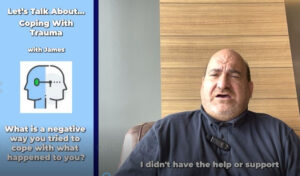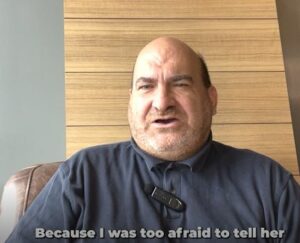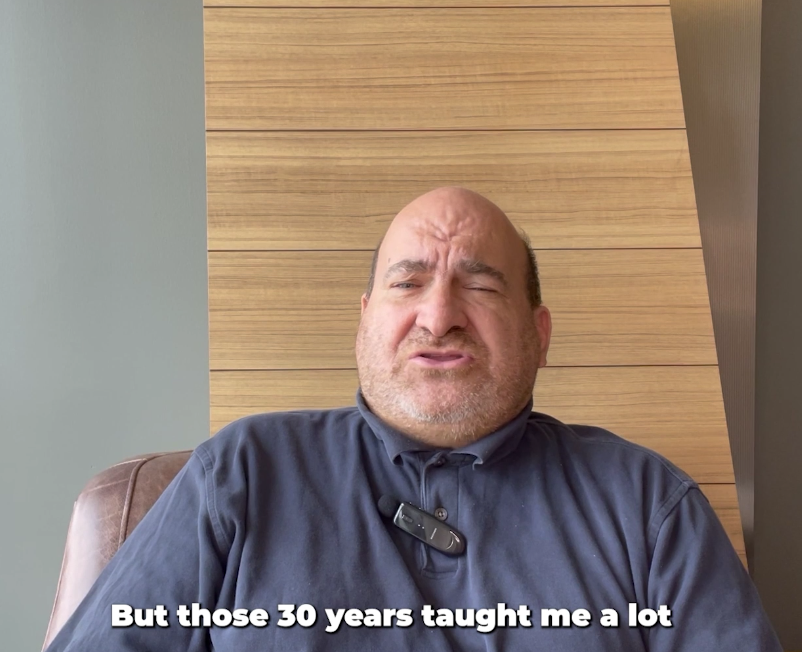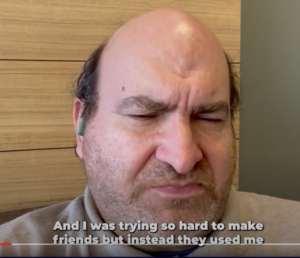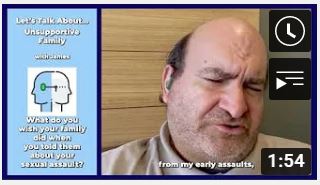Thanks for joining us for Amplifying Self-Advocate Voices with Storytelling by James Meadours. We are thrilled to be a part of SXSW EDU 2023.
We are building a community of self-advocates. We want people with disabilities to share their experiences. We are teaching them to use social media to do that.
Please join our social media community to help us reach our goals.
- Follow, like, and share our work.
- Tag us in self-advocate videos you create. Use the hashtag #SelfAdvocateStories
- Join our mailing list for news and free resources.
Find us here:
Thank you for your time. We look forward to connecting with you!



